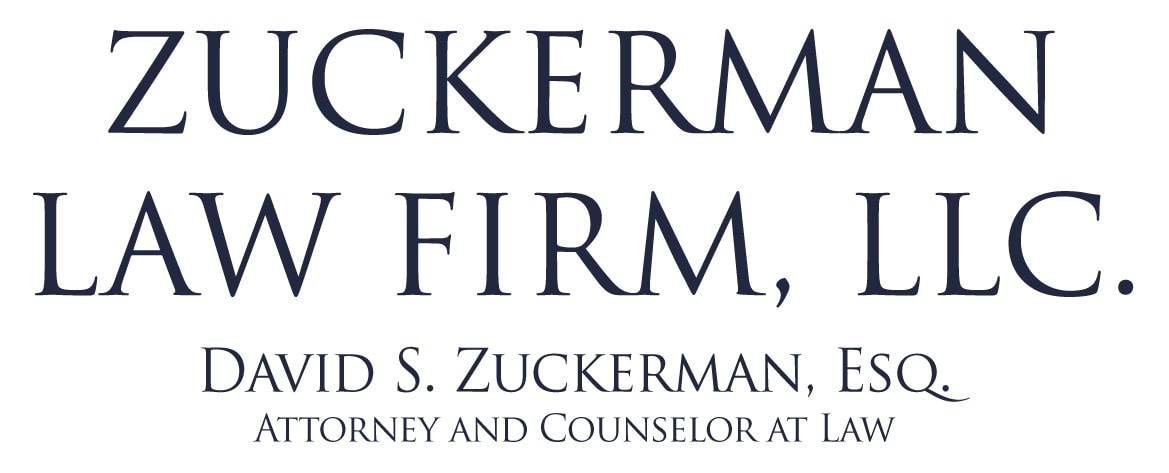5 Reasons Why You Need a Criminal Defense Lawyer in Pittsburgh
Getting into trouble with the law can result in serious consequences, including hefty fines, jail time, and even prison sentences. If you’re tangled up in legal trouble from committing a criminal act, you’ll need to find a reliable criminal defense lawyer in Pittsburgh. Not only is your criminal record riding on the line, but also you’ll need a professional to stand beside you and ensure that you’re treated fairly under the law. Think twice if you’re attempting to represent yourself in court—these are the 5 reasons why you need a criminal defense lawyer in Pittsburgh.
1. Criminal Defense Lawyers Can Reduce Penalties With Plea Bargains Getting a reduced sentence for your crime can be a tough road, but it’s much more attainable with a criminal defense lawyer in Pittsburgh. This means that you can potentially spend less money on fines or less time in jail. The better news is that, beyond reducing your sentence, a Pittsburgh criminal defense lawyer may be able to eliminate sentencing altogether by negotiating a withdrawal or reduction of your charges.
2. Knowledge of Complicated and Lesser-Known Laws And Rules Representing yourself in a case means that the courts will hold you to the same standard as that of an attorney. All of the research and case preparation is on you. This puts you in the situation of looking over laws and regulations that you would likely never find on your own. This also means having to study, understand and apply complicated rules regarding procedure and evidence that a seasoned lawyer knows well.
Not to mention, there’s a big difference between reading the law and practicing the law—and you’ll find this out the hard way if you seek to represent yourself in court.
3. Criminal Defense Lawyers Can Easily Gather Evidence And Statements Asking for witness statements after being involved in a crime puts you in an awkward situation. Understandably, a lot of witnesses will not be interested in giving statements directly to a suspected criminal. However, a criminal defense lawyer in Pittsburgh can collect statements and evidence quickly and easily. Specifically, a former prosecutor who has experience working with witnesses on both sides of the law may have an advantage in this process.
If warranted, a criminal defense lawyer in Pittsburgh can hire a private investigator to help you build a defense to your charges.
4. Lay The Ground Work for Your Trial Defense An experienced Pittsburgh criminal defense lawyer knows when to negotiate and when to fight. Giving up your rights and getting nothing in return is a recipe for disaster.
With cases that are destined for trial, it is important to start building your defense as early as possible. A Pittsburgh criminal defense lawyer can challenge violations of your rights, attack witness testimony through cross-examination, and make argument from a position of strength.
5. Offer Emotional Support (And a Reality Check) Going through the process of criminal prosecution isn’t easy—defendants can become depressed and feel as if there’s no hope for their future. A criminal defense lawyer can offer support while keeping you grounded, and prepare you for what lies on the road ahead.
Are You Looking For a Criminal Defense Lawyer in Pittsburgh? It’s evident that you need a Pittsburgh criminal defense lawyer to help you with your case—but you don’t want to choose just any criminal defense lawyer. In order to achieve the best outcome possible for your situation, you’ll need a criminal defense lawyer who knows the ropes and will fight for the best possible outcome.
Contact the Zuckerman Law Firm to speak with one of the best criminal defense lawyers in Allegheny County. Our client-approved firm can assist you with navigating your way through the court system and help you get your life back on track. Call today at 412-447-5580.
